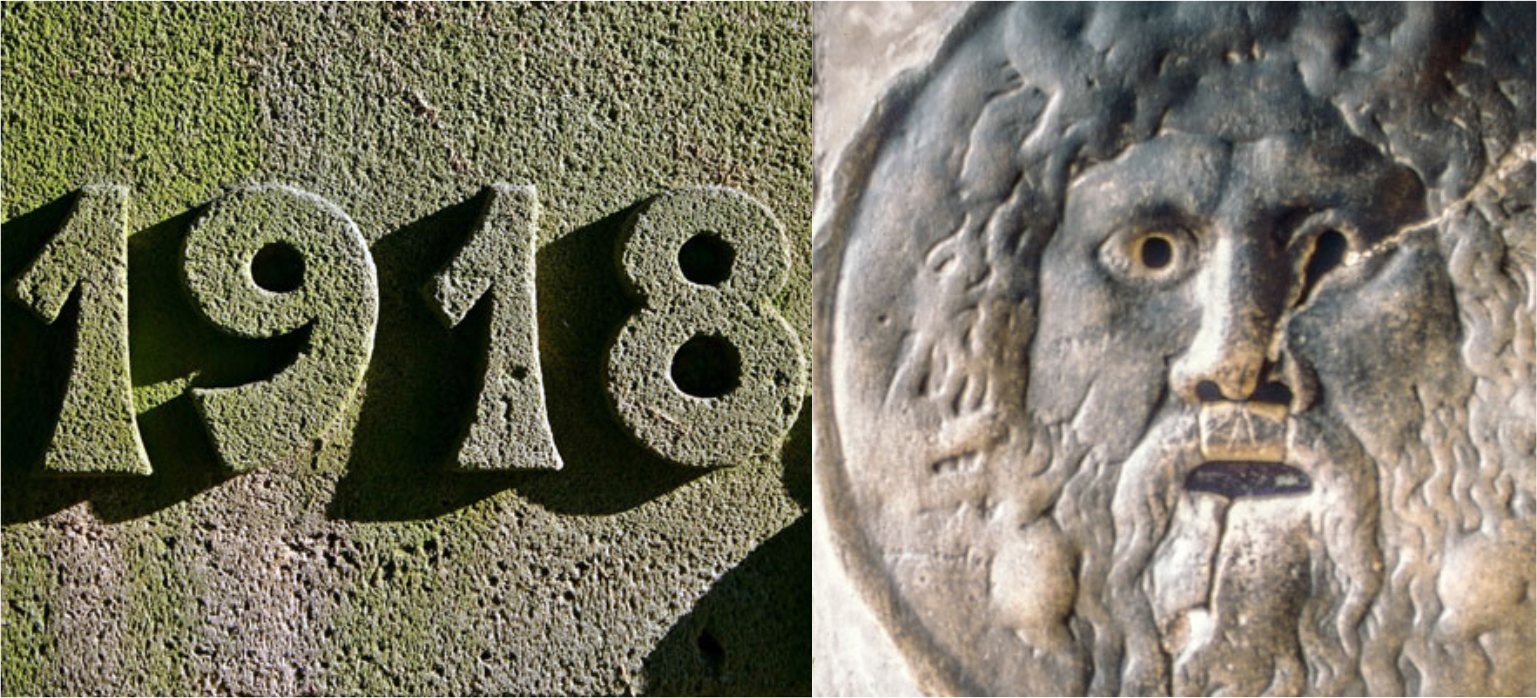Public Lectures about 1918, Aging, Ethics, and Truth

During the Spring Semester, UZH is hosting six series of topical lectures that are open to interested members of the public and cover a wide range of disciplines and topics. Entrance is free of charge.
New start or full halt after 1918?
The First World War ended exactly 100 years ago, only for Spanish flu to further decimate the population. The post-war period was a time of political and social upheaval: The Soviet Union and the Weimar Republic were founded, the USA established itself as a global power, the Austro-Hungarian Empire broke up. In Switzerland, the general strike and the introduction of proportional representation for voting also led to political changes. The lectures in the “1918” series reflect on, analyze, and interpret the events of a century ago.
50 years of the non-professorial academic staff association
Another series of lectures takes stock of the situation of the non-professorial academic staff at UZH as their association celebrates 50 years. Starting with the organization’s beginnings in the student protests of 1968, the lectures will look at how the tasks and social structures of the Association of the Non-Professorial Academic Staff of the University of Zurich (VAUZ), representing doctoral candidates, postdocs, and academic staff, have evolved. The lectures will feature stakeholders from among the mid-level academic staff engaging in active debate about the past, present, and future in terms of equal opportunities, mentoring, and promotion of research.
Philosophical debate on truth and lies
What is “truth”? Is there only one truth and how is it ascertained? What is the relationship between fact and fiction? Is there a difference between lying and misleading, and if so, where does it fall? Can we gain insight from falsehoods? Truth and lies – or “alternative facts” – are currently dominating political and societal debate as well as philosophical discussions. In the course of this lecture series, experts in theoretical and practical philosophy will offer their insights into a multitude of contemporary debates on the subject “True and False”.
Social relationships in old age
How important are social relationships for a good quality of life? How intensively should inter-generational links in families be maintained? Can cooking groups and supportive neighbors help people stay active in old age? In our aging society, in addition to close relatives, relationships outside the family are also becoming increasingly important. The lecture series “Social Relationships in Old Age” presents studies and practical projects relating to the topic.
Cultural theories unraveled
The word culture seems to be everywhere these days: “welcome culture”, “mainstream culture”, “clash of cultures”. Nearly all academic disciplines claim that their research and teaching makes a cultural contribution in the widest sense of the word. The lecture series “Cultural Theories” shines a light on the diversity of opinions about culture and looks at the reasons why it is on everyone’s lips. The speakers will present their own research and explain the current debates with the use of illuminating individual analyses.
Dying in the media spotlight
Death and dying are ever-present in the modern media. Terminally ill patients narrate their stories of suffering in blogs or on YouTube, film-makers follow dying people in their final weeks or days. But such content raises serious questions. In the series “Dying Up-Close”, participants will watch five documentary films about dying and our current approach to the end of life and will then join in discussions with film-makers and experts from the fields of medicine, the arts and social sciences, ethics, and theology.